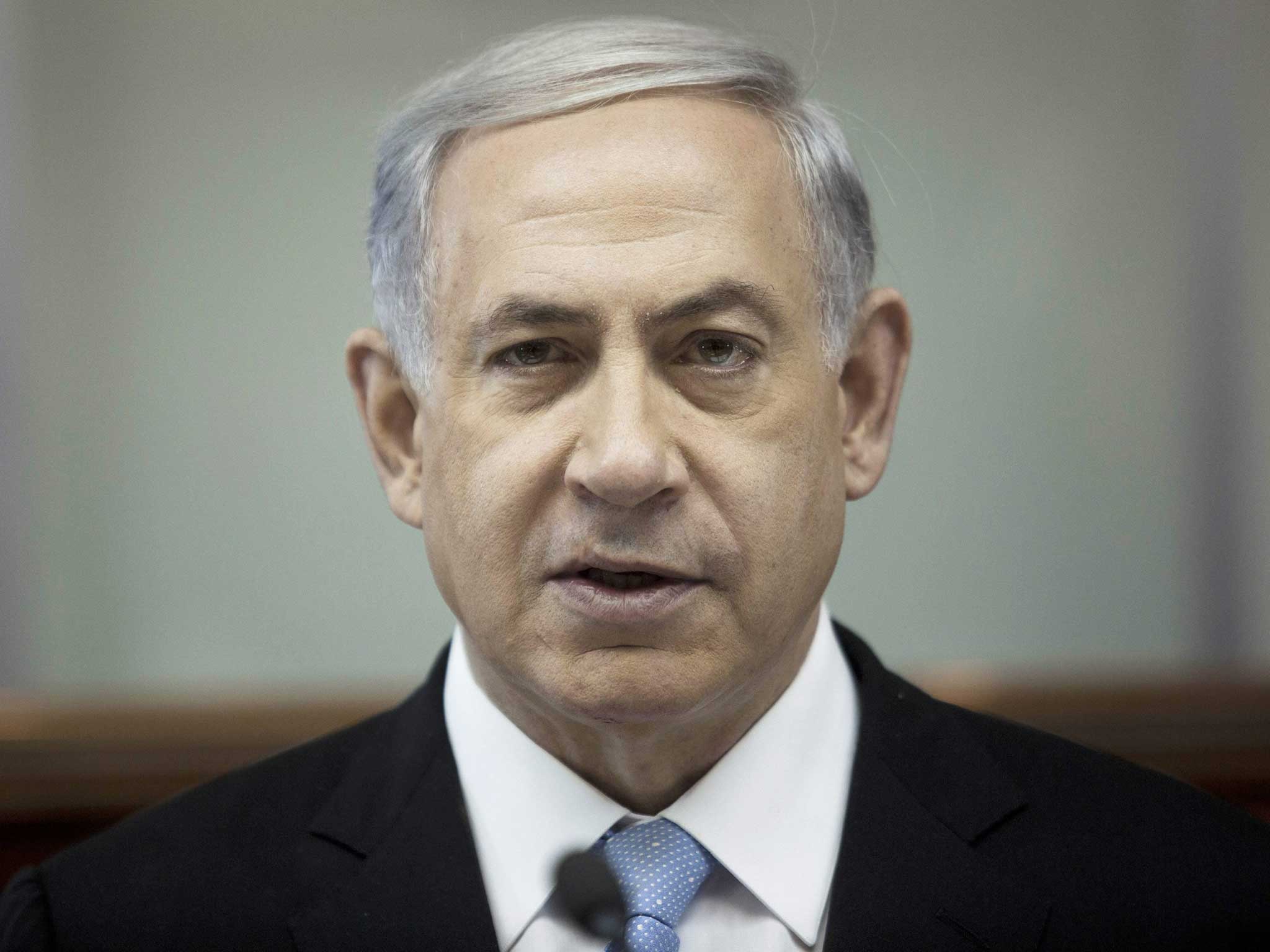Israeli PM Netanyahu warns of 'wave of Islamisation' sweeping across Europe
The Israeli leader made the remarks shortly before the arrival of a Japanese trade delegation, and has previously indicated his desire to open more trade with the Asian markets

Your support helps us to tell the story
From reproductive rights to climate change to Big Tech, The Independent is on the ground when the story is developing. Whether it's investigating the financials of Elon Musk's pro-Trump PAC or producing our latest documentary, 'The A Word', which shines a light on the American women fighting for reproductive rights, we know how important it is to parse out the facts from the messaging.
At such a critical moment in US history, we need reporters on the ground. Your donation allows us to keep sending journalists to speak to both sides of the story.
The Independent is trusted by Americans across the entire political spectrum. And unlike many other quality news outlets, we choose not to lock Americans out of our reporting and analysis with paywalls. We believe quality journalism should be available to everyone, paid for by those who can afford it.
Your support makes all the difference.Israeli prime minister Benjamin Netanyahu has warned of a “wave of Islamisation” across Europe.
Mr Netanyahu’s comments come amid increasing tension in Europe following the Paris massacres, which killed 17 – including four in a Jewish grocery store, and as Britain’s former chief Rabbi warned Britain’s Jews were scared to go to their local shops.
The Israeli leader welcomed Japanese prime minister Shinzo Abe to the country today, disclosing plans to expand trade with the Far East because of the perceived hostility against Jews in Europe.
“We definitely want to reduce our dependence on certain markets in western Europe,” Mr Netanyahu told a weekly cabinet meeting ahead of the trade delegation visit.
“Western Europe is undergoing a wave of Islamisation, of anti-Semitism, and of anti-Zionism. It is awash in such waves, and we want to ensure that for years to come the state of Israel will have diverse markets all over the world,” he is reported as having said.
The comments are the latest sign of Israel’s decision to move its economy away from its present dependence on the European Union.
In 2014, the EU remained Israel’s largest trading partner, however, Asia outstripped the United States for the first time.
Mr Netanyahu has pushed for stronger ties with the East since coming to power in 2009 – previously due to the economic recession, but recent events appear to have catalysed this process.
His comments coincide with a police warning in Germany claiming a “concrete threat” had been issued against the latest Pegida – an anti-Islamisation organisation in Germany – rally in Dresden.
The rally was abandoned as were counter-marches against the group. Thousands of ordinary Germans have mobilised in recent months and taken to the streets against what they perceive as rising Islamisation of their country.
German politicians, including Chancellor Angela Merkel, have condemned the Pegida marches.
Additionally, in January of this year the Financial Times reported on a series of “tense” negotiations with EU diplomats over a €1.5 billion loan package from Brussels. The stipulation that money was only to go towards Jewish businesses not on occupied Arab land was perceived by some Israelis as indicative of a move towards partial economic isolation.
Join our commenting forum
Join thought-provoking conversations, follow other Independent readers and see their replies
Comments